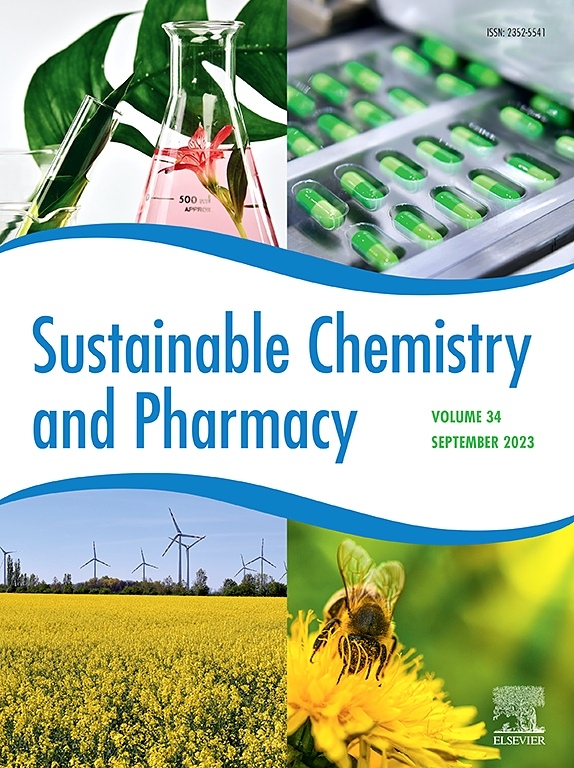在白色分析化学的背景下开发和实施工具的十条原则
IF 5.8
2区 化学
Q2 CHEMISTRY, MULTIDISCIPLINARY
引用次数: 0
摘要
这项工作提出了十个原则的结构化框架,旨在指导白色分析化学背景下分析工具的开发和实施。尽管各种度量工具(如AGREE、AGREEprep、GAPI、ComplexGAPI、MoGAPI和BAGI)的可用性越来越多,但它们的开发缺乏标准化的指导方针,导致了适用性和有效性的不一致。本研究在PRISM方法框架内提出的十项原则-实用、可复制、包容、可持续和;可管理—旨在通过促进分析工具设计的标准化、可用性和可持续性来弥合这一差距。每个原则都强调了简单性、清晰的指导、视觉清晰度、可比性、定量和定性双重评估、开放的可及性和适应性的重要性。此外,还使用PRISM框架对最近开发的工具进行了评估,确定了它们的优势、局限性和需要改进的领域。这一评估强调了动态的、能够集成新兴方法的工具的必要性。通过建立这些原则,预计将有助于推动分析化学更加标准化和可持续的未来,确保工具有效地支持该领域的进步,同时坚持白色分析化学的整体目标。本文章由计算机程序翻译,如有差异,请以英文原文为准。

Ten principles for developing and implementing tools in the context of white analytical chemistry
This work presents a structured framework of ten principles designed to guide the development and implementation of analytical tools within the context of white analytical chemistry. Despite the growing availability of various metric tools such as AGREE, AGREEprep, GAPI, ComplexGAPI, MoGAPI, and BAGI, the absence of standardized guidelines for their development has resulted in inconsistencies in applicability and effectiveness. The ten principles proposed in this study, framed within the PRISM approach—Practical, Reproducible, Inclusive, Sustainable, & Manageable—aim to bridge this gap by promoting standardization, usability, and sustainability in the design of analytical tools. Each principle is explored emphasizing the importance of simplicity, clear guidance, visual clarity, comparability, dual quantitative and qualitative evaluation, open accessibility, and adaptability. Additionally, an evaluation of recently developed tools using the PRISM framework, identifying their strengths, limitations, and areas for improvement is included. This assessment highlights the necessity for tools that are dynamic and capable of integrating emerging methodologies. By establishing these principles, it is expected to contribute to advancing a more standardized and sustainable future for analytical chemistry, ensuring that tools effectively support the field's progress while adhering to white analytical chemistry's holistic goals.
求助全文
通过发布文献求助,成功后即可免费获取论文全文。
去求助
来源期刊

Sustainable Chemistry and Pharmacy
Environmental Science-Pollution
CiteScore
8.20
自引率
6.70%
发文量
274
审稿时长
37 days
期刊介绍:
Sustainable Chemistry and Pharmacy publishes research that is related to chemistry, pharmacy and sustainability science in a forward oriented manner. It provides a unique forum for the publication of innovative research on the intersection and overlap of chemistry and pharmacy on the one hand and sustainability on the other hand. This includes contributions related to increasing sustainability of chemistry and pharmaceutical science and industries itself as well as their products in relation to the contribution of these to sustainability itself. As an interdisciplinary and transdisciplinary journal it addresses all sustainability related issues along the life cycle of chemical and pharmaceutical products form resource related topics until the end of life of products. This includes not only natural science based approaches and issues but also from humanities, social science and economics as far as they are dealing with sustainability related to chemistry and pharmacy. Sustainable Chemistry and Pharmacy aims at bridging between disciplines as well as developing and developed countries.
 求助内容:
求助内容: 应助结果提醒方式:
应助结果提醒方式:


